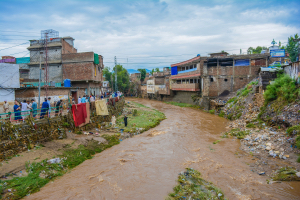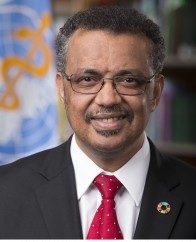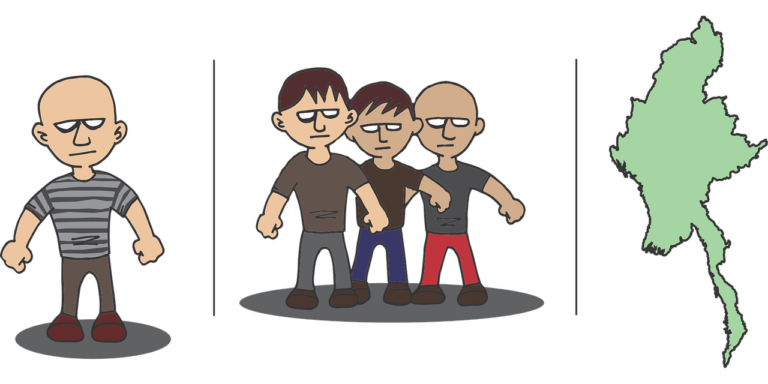
Disaster in Pakistan

By Dr Tedros Adhanom Ghebreyesus*
I am deeply concerned about the potential for a second disaster in Pakistan: a wave of disease and death following this catastrophe, linked to climate change, that has severely impacted vital health systems leaving millions vulnerable. The water supply is disrupted, forcing people to drink unsafe water, which can spread cholera and other diarrhoeal diseases. Standing water enables mosquitoes to breed and spread vector-borne diseases such as malaria and dengue. Health centres have been flooded, their supplies damaged, and people have moved away from home which makes it harder for them to access their normal health services. All this means more unsafe births, more untreated diabetes or heart disease, and more children missing vaccination, to name but a few of the impacts on health.
But if we act quickly to protect health and deliver essential health services, we can significantly reduce the impact of this impending crisis. Health workers in Pakistan are stretched to the limit as they do all they can to deliver critical services amid the destruction. Nearly 2,000 health facilities have been fully or partially damaged. Together with the government of Pakistan, UN and NGO partners, WHO is setting up temporary health facilities and medical camps and helping to re-supply medicines to other health centres. We are increasing disease surveillance so outbreaks can be detected early and people can get the treatment they need.
Government and partners are providing safe drinking water and access to toilets to lower the risks of disease from dirty water. WHO has provided water purification kits and oral rehydration salts to manage diarrhoeal diseases. Partners are also helping ensure safer housing and bed nets to protect against mosquitoes and the diseases they carry.
WHO immediately released $10 million from the WHO Contingency Fund for Emergencies which enabled us to deliver essential medicines and other supplies.
I thank the donors for their prompt response to the flash appeal. We continue to assess the scale of the crisis and will issue a revised appeal shortly. I urge donors to continue to respond generously so that, together, we can save lives and prevent more suffering.
*Director-General, World Health Organization





